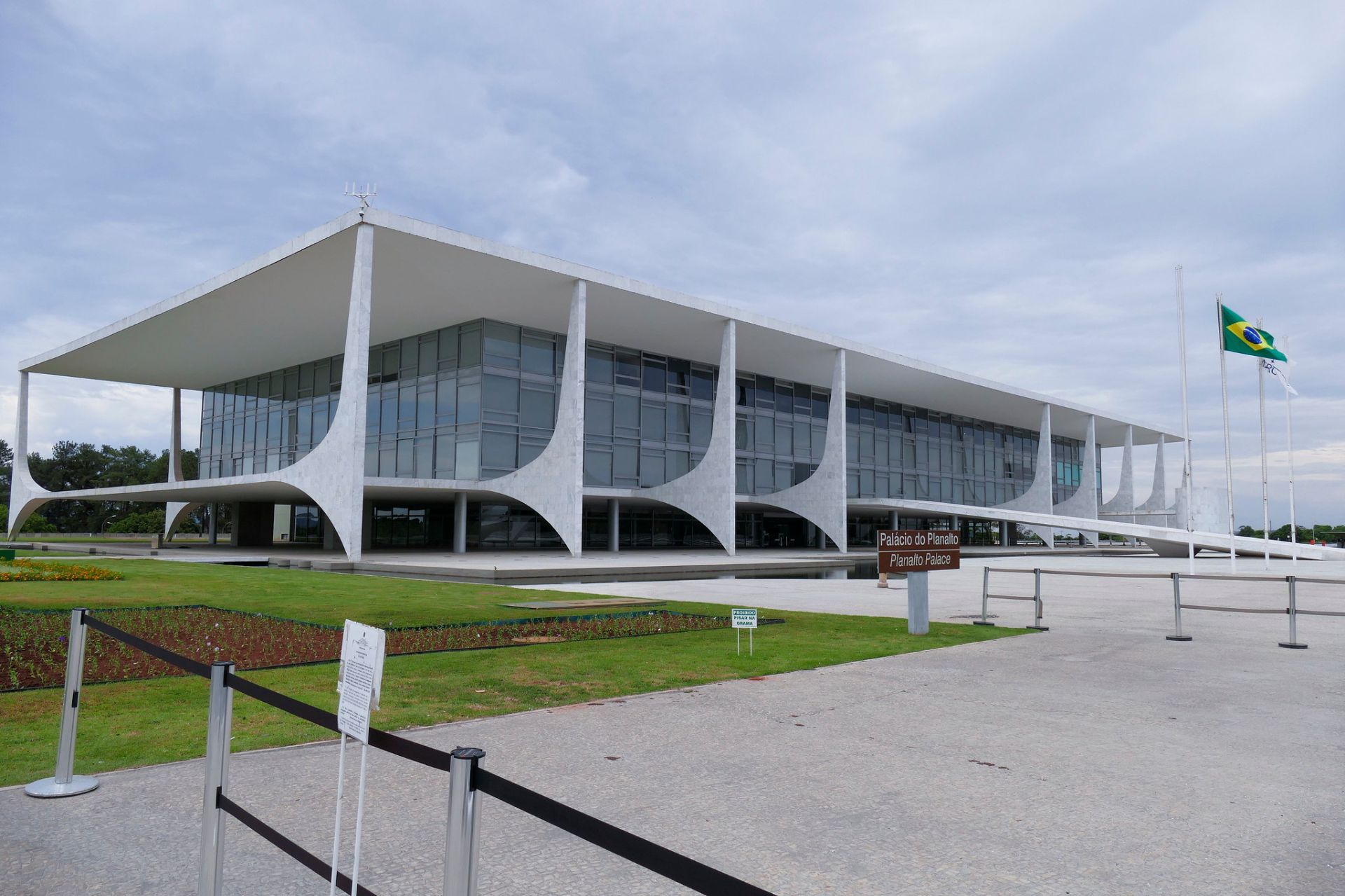Canal Solar held, last Friday (4) in partnership with Amara-e Brasil and Greener, a live broadcast that discussed the impacts of Law 14,300/2022 with the Normative Resolution 482 and its financial modeling.
Vítor Pedreira, Purchasing Superintendent at Amara-e Solar Brasil, was one of the participants and highlighted the importance of simultaneity factor, an important concept for any dimensioning.
“For example, we have a typical residential generation system, with panels sending electricity to the inverter. But, in this case, the energy can have two paths: it can, firstly, go to instant consumption”, he said.
“If I have any load being used at the same time as my photovoltaic generation, this energy is first destined for the load. And only then what is left of this energy is sent to the meter, to the concessionaire's bidirectional clock to be compensated as energy credit”, reported Pedreira.
“We are saying that the implementation of Law 14,300 will happen precisely in this surplus that is sent to the concessionaire’s meter. We know that everything that is consumed instantly, precisely because it is not recorded on the clock, will not undergo any type of change with the change in 14,300”, he stressed.
Therefore, in the expert's view, understanding this simultaneity factor will be fundamental to simulating the economic viability of the project. “If we have a completely remote system, the factor tends to be zero, because all the electricity I am generating, I am injecting into the meter to be compensated in other units”.
On the other hand, he stated that if we have a typical residential system, we are talking about a higher simultaneity factor. “And then, of course, it depends on the consumption profile of each residence”.
“But we understand that a residence, as it has greater consumption at night, since during the day people are working, away from home, the simultaneity factor tends to be a value close to 30%. So, 30% of the energy generated is being consumed instantly and the rest being consumed in hours when there is no generation”, he emphasized.
“In other words, it will depend on each case, but the greater the simultaneity factor, the greater the instantaneous consumption, the better the viability of projects will be with the change in 14,300”, he highlighted.
Financial simulator
Another point highlighted by Pedreira in the presentation is about the financial simulator that Amara has. In the tool it is possible to place all the premises of the distributed generation project, both before and after the changes to Law 14,300. To gain access, simply register on the site from the company.
Legal Framework transition rule
Márcio Takata, director of Greener, was also present at the virtual meeting and explained that the transition to the new rule will depend on two main factors: access request date and the compensation modality. Below is a detailed explanation of the entire process.

“These are some points of attention for the entrepreneur, and that the market will be following in terms of how this will work and what criteria will be used”, commented Takata.
Law 14,300: ANEEL and CNPE do not meet established deadlines
Questions about Law 14,300/2022
During the live, Bruno Kikumoto, director of Cana Solar, who mediated the meeting, read some of the participants' questions. Below are some of the questions presented.
To have the right acquired, is it necessary to issue an Access Opinion or does the Access Request already guarantee the right?
“It really has to be the Access Opinion”, replied Vitor Pedreira.
If the access request protocol is made before the deadline of 01/06/2023, but this project is rejected, requiring resubmission after 01/06/2023, do I maintain the acquired right?
According to Pedreira, today there is no evidence of how it will be practiced by concessionaires. “Perhaps, each dealership has its own understanding of this. We have a scenario of uncertainty regarding this issue.”
“A general recommendation to avoid unforeseen events is, if possible, to request the access opinion now, in November, as if something is rejected, there will still be time to request it again in December. This is the only option that we can take for granted even to maintain our acquired rights”, he pointed out.
How do you see the viability of 500 kW projects with this differentiation in relation to wire A + wire B + charges? Will it have a power that will bring a better return?
"It depends. It is worth a case-by-case analysis”, stated Márcio Takata and Vitor Pedreira.
Will the opening of the free market be good for GD?
In the view of the Purchasing Superintendent at Amara-e Solar Brasil, the free market will not necessarily take away demand from GD nor will there be direct competition. For him, there are two models that complement each other in the electrical sector.
“Perhaps it makes more sense, talking mainly about projects above 500 kW, for them to be carried out in the free market modality. However, it will depend on numerous assumptions within the financial viability”, he reinforced. “I see this opening as something positive for us to have more options, especially in these higher power ranges”, he concluded.
MME opens public consultation to open the Free Market for low voltage
Takata also commented on the matter and highlighted that the process of opening the free market is very important, bringing opportunities and attention to investors. “I would turn on the radar for entrepreneurs to better understand the fundamentals and, thus, be able to provide consumers, who are already or will be on the free market, with solar energy solutions that can bring more economic efficiency to customers”, he concluded.

















